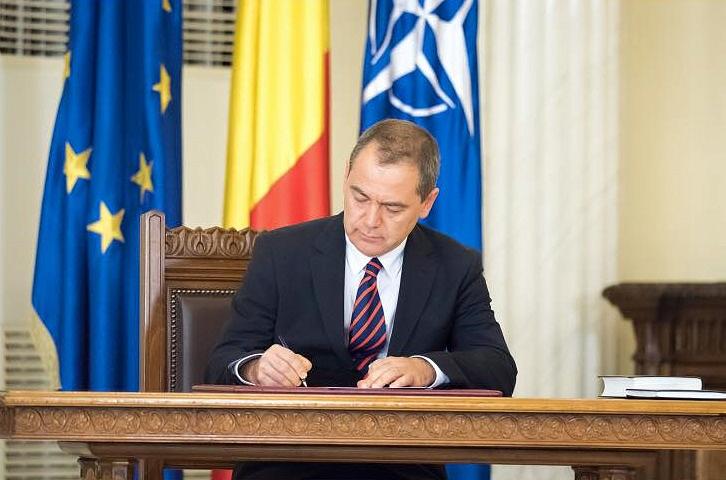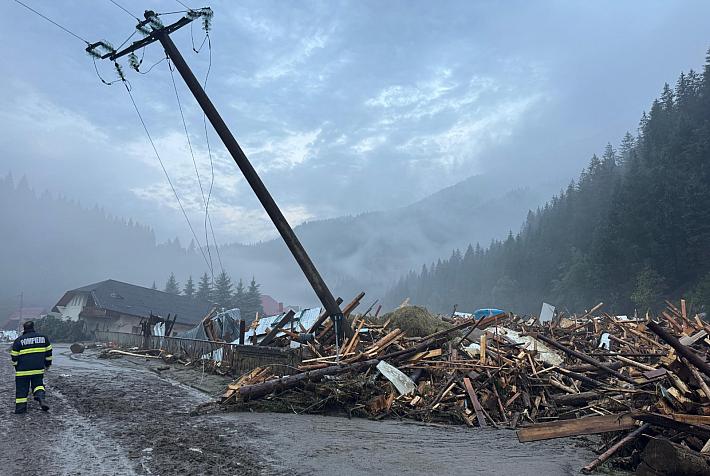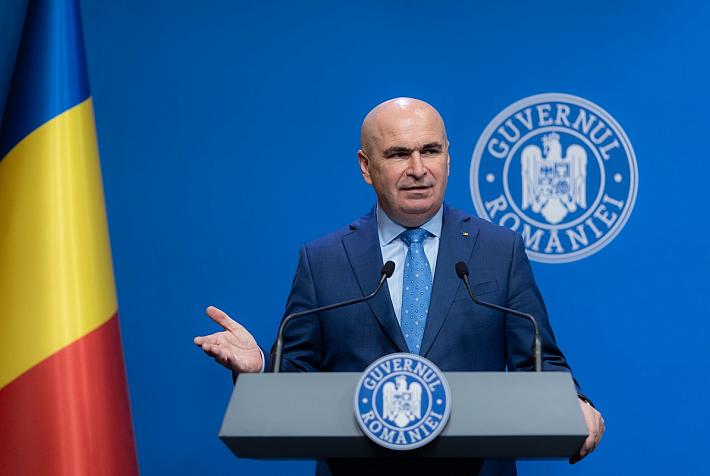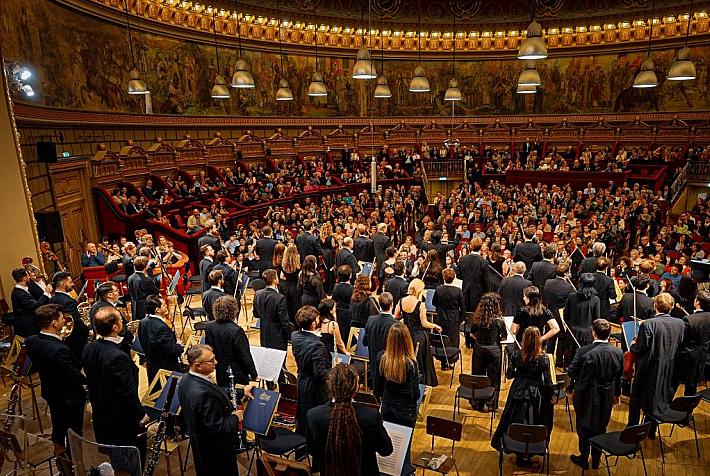Romania’s culture minister resigns after scandal at the Opera

Romania’s culture minister Vlad Alexandrescu resigned on Wednesday after a three-week scandal at the Bucharest National Opera, which has had a strong echo in the country and abroad.
Alexandrescu mentioned the “opaque resistance to structural change” he tried to initiate in local culture institutions and the “refractory system’s never failing hostility” towards finding new ways of functioning in public culture institutions, as the main reasons for his resignation, in an open letter to Prime Minister Dacian Ciolos, which he published on his Facebook page.
Vlad Alexandrescu has been one of the busiest and most appreciated ministers in Dacian Ciolos’ technocrat cabinet, in the past five months. He has had several important initiatives, such as the decision to include the village of Rosia Montana and its ancient Roman galleries in the historic monuments list, which has put an end to the gold mining exploitation project in the area.
Alexandrescu also started a program to consolidate the decaying historic buildings in Romania and started a public subscription to raise the necessary money to buy Romanian sculptor Constantin Brancusi’s famous Wisdom of the Earth (Cumintenia Pamantului) sculpture.
However, he has failed to manage the conflict between the Opers’ ballet company and the institution’s Romanian employees, which started with his decision to name young Romanian conductor Tiberiu Soare as the Bucharest National Opera’s interim manager, on April 4. Soare’s first decision was to remove Danish choreographer Johan Kobborg from the Opera’s artistic director position, which ignited the whole scandal. The minister’s decision to replace Soare with conductor Vlad Conta as the Opera’s interim manager didn’t solve anything.
Kobborg announced his resignation on April 12, saying that he couldn’t work with the Opera’s new management, and many dancers in his ballet company, including famous Romanian ballerina Alina Cojocaru, who’s also his fiancé, followed him and said they wouldn’t dance at the Bucharest Opera anymore. Several of the Opera’s Romanian employees rallied against the foreign dancers, asking them to leave and claiming that the state should help provide more opportunities for local artists.
Facing a wave of hostility from the institution, Kobborg and Cojocaru met with the Prime Minister and told him that their project to develop a modern ballet company at the Bucharest Opera has met a strong resistance from the Opera’s new management.
To bring them back, Vlad Alexandrescu again decided to change the Opera’s manager and brought back former deputy general manager George Calin to run the institution. This decision, however, angered the Opera’s Romanian employees who supported Tiberiu Soare and strongly contested George Calin, a member of the former management team, which has been investigated for corruption. The Opera’s employees went on a protest and the minister again had to change his decision and withdraw George Calin’s nomination.
However, the conflict didn’t end here and the Opera’s employees continued their protests and boycotted three performances that were supposed to take place last week. One of them was the ballet DSCH.The Dream.
As the situation became explosive, Prime Minister Dacian Ciolos sent deputy prime minister Vasile Dincu to hear the Opera’s employees and try to mediate a solution. None of the two sides wanted to talk to the culture minister anymore, showing that his decisions had managed to anger both sides. Thus, Alexandrescu’s resignation didn’t come as a surprise as many voices have asked for it.
Even Prime Minister Dacian Ciolos said that Alexandrescu had managed to start the reform in local culture institutions, with the exception at the Opera.
“Unfortunately, a series of hard decisions and tensions accumulated in time have determined the reform process that Vlad tried at the Opera to go in a different direction than that we wanted,” Ciolos wrote in a Facebook post.
“I’m not happy at all that we had to get here to defuse the situation and I appeal to all those involved in the National Opera’s future to understand that mutual tolerance, dialogue, and the consciousness of the artistic act’s responsibility are compulsory to move on,” Ciolos concluded.
Romania’s PM reacts after scandal at the Bucharest Opera: We need valuable artists and performances
Vlad Alexandrescu is the third minister in Dacian Ciolos' cabinet who has left this month. The labor minister and EU funds minister have also resigned.
Romania’s Prime Minister promotes another one of his advisers to minister
editor@romania-insider.com











